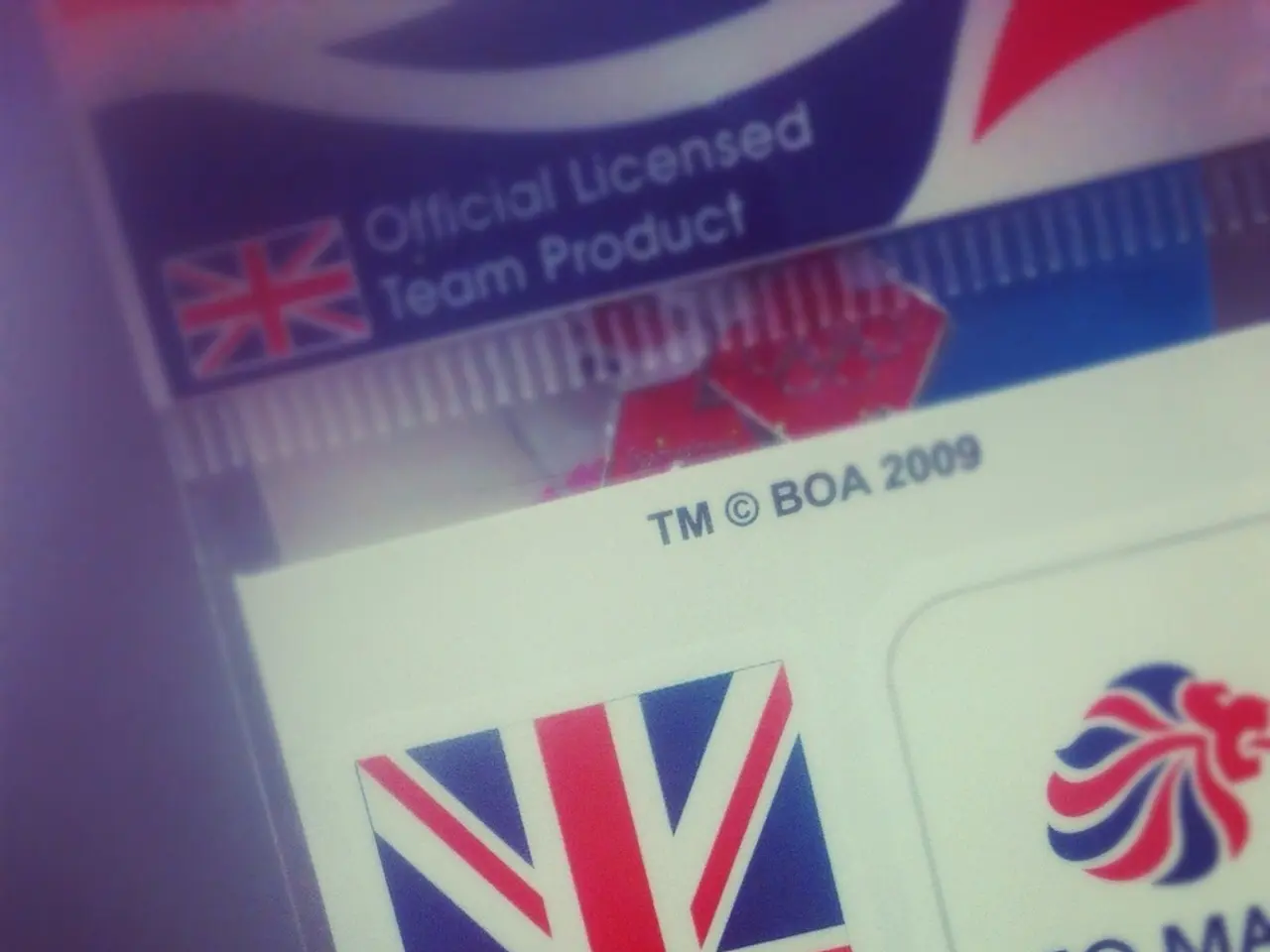Gen Z's Data Privacy Attitudes Drive Global Regulatory Changes
The digital landscape is evolving, with Gen Z's data privacy attitudes and behaviours influencing new regulations. Recent US privacy bills, like the ADPPA and APRA, are shaping user experiences and innovation. Meanwhile, Europe's GDPR sets global standards, with 19 US states enacting similar laws.
Gen Z's complex relationship with social media drives these changes. They willingly share data for personalized experiences but value consent and control. They're more open to sharing location data with peers and are keen on giving permission before posting about others. Experts like Prof. Dr. C. Katharina Spieß and initiatives such as klicksafe are shaping policies to protect younger generations.
The GDPR, enforced by national authorities like Germany's Landesbeauftragte für Datenschutz, sets standards like parental consent for children under 16. US states are following suit, with 19 enacting comprehensive privacy laws. Despite this, 72% of adults under 30 quickly agree to privacy policies without reading them, highlighting the need for clear, accessible information.
Gen Z's data privacy attitudes are driving global regulation changes. US privacy bills and state laws are adapting to their preferences, with Europe's GDPR setting the standard. As younger generations navigate digital spaces, clear communication and robust protections are crucial.






